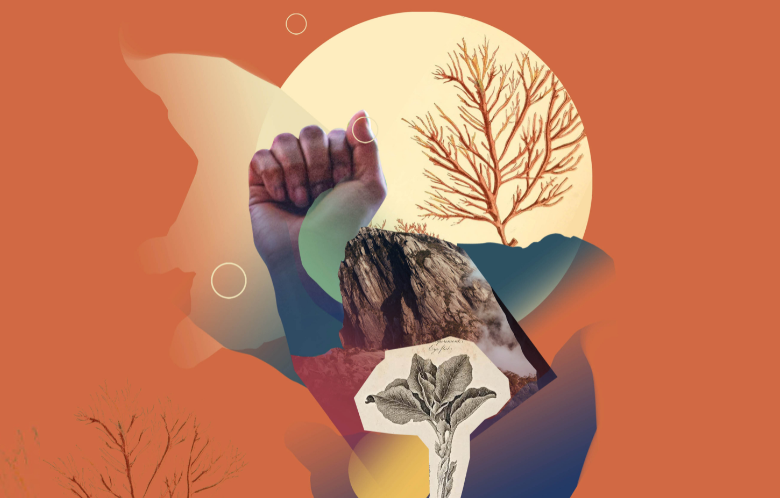July 2022 Newsletter: Feminist climate action in the spotlight

For some time now, GAGGA and our network have been emphasizing how the climate and environmental crises require feminist solutions. This year, various actors are starting to recognize this as well. In March, the UN’s Commission on the Status of Women (CSW66) addressed gender equality in the context of climate change and environmental degradation for the first time as its priority theme. US-based philanthropist MacKenzie Scott donated unrestricted resources to organisations that support grassroots climate and environmental action — including several women’s and environmental justice funds in the GAGGA network.
The most recent assessments by the Intergovernmental Panel on Climate Change (IPCC) emphasized the ways in which the climate crisis will impact the most vulnerable — calling out gender explicitly throughout its findings. It also called for a gender-inclusive, equitable and just response to climate change and affirmed for the first time the value of Indigenous and local knowledge.
Amid this growing spotlight on social justice and feminist climate action, GAGGA has seized on opportunities to amplify our partners’ work on the global level – launching the annual #WeWomenAreWater campaign on International Women’s Day and co-hosting five virtual sessions around CSW66. During the campaign, GAGGA and partners highlighted five cases that illustrate the gender-just climate solutions local groups are leading, in contrast to the false climate solutions that climate funds and international financial institutions continue to support. GAGGA’s local and regional partners discussed why these climate finance actors would do better to invest in the climate actions they are practicing at an NGO CSW Forum event that took place on World Water Day, the final day of the campaign.
CSW66 presented an opportunity for diverse actors to gather and strategize how to better support communities protecting the earth while defending their territories and natural resources. GAGGA co-hosted a CSW66 side event with Count Me In! and WECF; land defenders and gender rights advocates joined ministry representatives from Sweden, Chile and The Netherlands for a discussion about feminist leadership in protecting land, promoting climate solutions and supporting truly sustainable development strategies. In the same month, GAGGA launched a publication on how women and girl environmental defenders define and experience structural violence, and held a virtual session where defenders and funders delved deeper into the report findings.
We also celebrated a win in Guatemala as the Inter-American Development Bank (IDB) took a unique decision to withdraw from the construction of two controversial dams in Ixquisis, Guatemala. Over several years, our partner AIDA and alliance member Both ENDS have supported local communities in Ixquisis to submit their complaints to the bank and bring them to the attention of the bank’s management. This case stands as an example of how women and communities affected by problematic investments — such as financing for false climate solutions like large-scale hydropower — can win cases against international development banks.
These events have led to increased visibility of our gender and climate justice agenda among donors, policymakers and the general public, opening more pathways for GAGGA and partners to make our collective voices heard and strengthen collaborations.
You can find more information on the above events, along with related resources and articles, in the June 2022 edition of the newsletter here.



